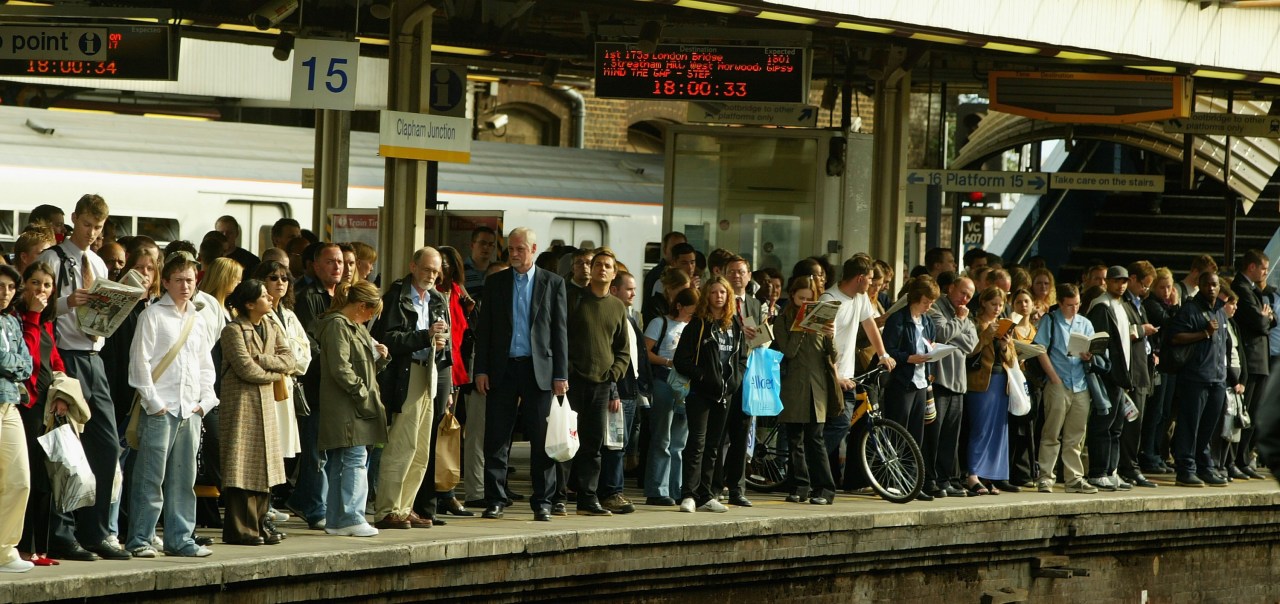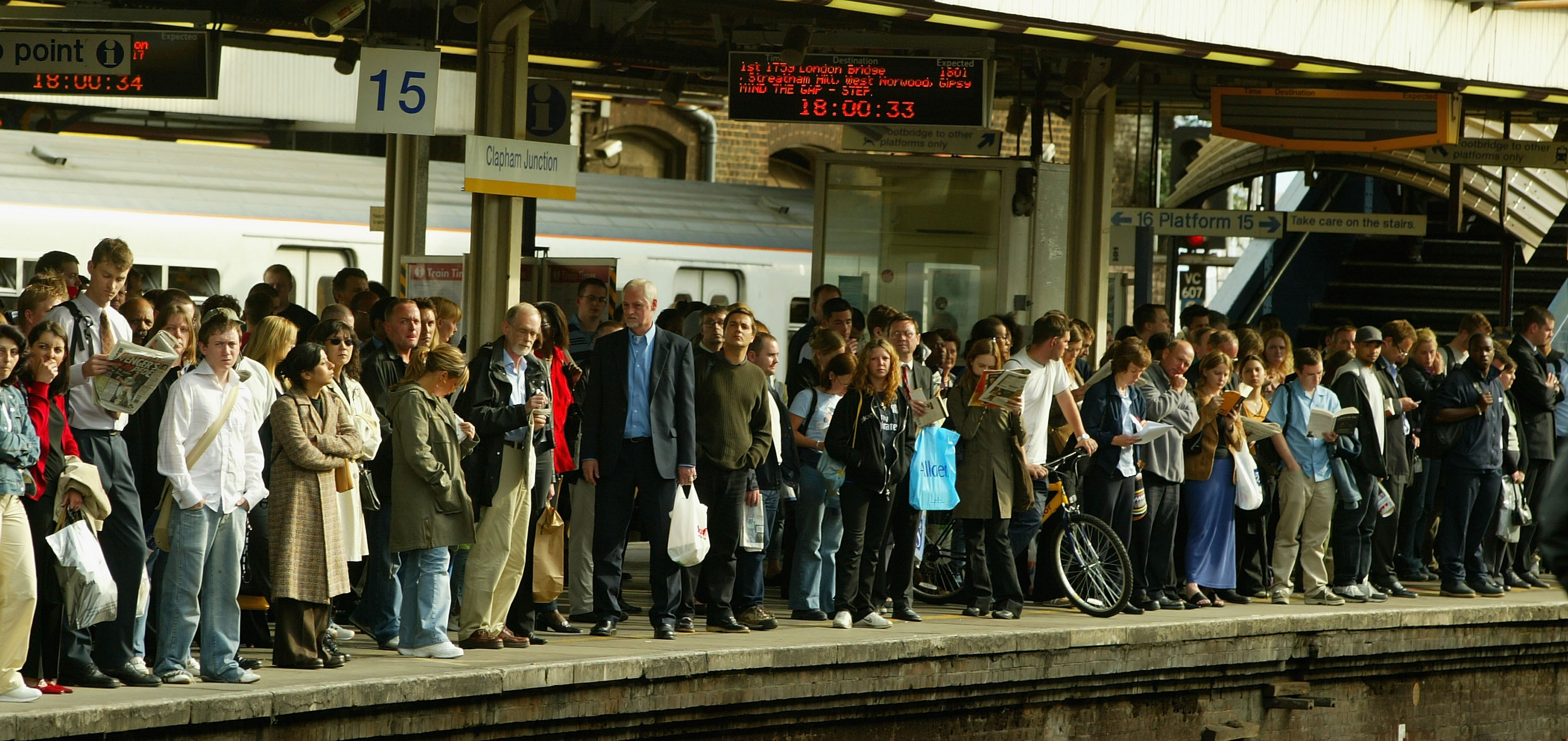 Yesterday the campaign for high-speed rail, endorsed by the Government, made clear the
way they want to frame the debate over the new line. They want to make it about Northerners vs. Southerners. Their adverts featuring a bowler-hatted caricature putting the integrity of his
lawn above jobs in the North went up on buses in Manchester. By the evening, it was already clear that their strategy — which Tim Montgomerie has described as “backwards-looking”
— was backfiring as the BBC went from house to house in Ruislip talking to locals who said, “I don’t wear a bowler hat,
and I don’t imagine that many people around here do”.
Yesterday the campaign for high-speed rail, endorsed by the Government, made clear the
way they want to frame the debate over the new line. They want to make it about Northerners vs. Southerners. Their adverts featuring a bowler-hatted caricature putting the integrity of his
lawn above jobs in the North went up on buses in Manchester. By the evening, it was already clear that their strategy — which Tim Montgomerie has described as “backwards-looking”
— was backfiring as the BBC went from house to house in Ruislip talking to locals who said, “I don’t wear a bowler hat,
and I don’t imagine that many people around here do”.
Today the TPA has launched three new videos looking at the real clash of interests in the
debate over HS2. It isn’t between North and South but between the ordinary commuters, motorists and taxpayers who will lose out and a fortunate minority who will get a faster
journey. Most passengers on long distance train journeys are already from the top income quintiles. You can watch them here:
Everyone will have to pay the bill, equivalent to well over £1,000 a family. The demand on the Exchequer will start out at the best part of a billion within this Parliament and then escalate as work really gets going through decades
where Britain’s finances are going to be severely challenged, and money will be tight all round.
Many towns well north of the Watford Gap, from Coventry to Stoke-on-Trent, will get a worse service and key routes like London to Milton Keynes won’t get more affordable improvements to existing
lines that could be delivered much more quickly, meaning more overcrowding for commuters. If we really want to help the North then improving transport links between and into Northern cities is the
answer. Taking the fastest train route in the country and making it faster shouldn’t be the priority.
In the end, it isn’t the public’s priority. Look at polling
by Ipsos-Mori for the RAC Foundation. The highest priorities were the cost of fuel, the condition of the roads, the cost of travelling by train and the level of congestion on local roads and in
towns. An expensive high-speed line is the last thing that the public would prioritise right now, with just four per cent naming it in their top two or three priorities.
The Government should cancel this project, or they are leaving a huge opportunity for Labour to attack them by promising a transport strategy that delivers what the public wants, at a price they
can afford.
Matthew Sinclair is director of the Taxpayers’ Alliance.







Comments